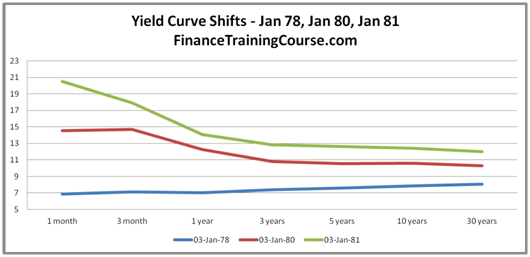It looks like you're new here. If you want to get involved, click one of these buttons!


Seems like a article worth sharing. Lots of links to other topics for both young (Pre-retirees) and Old (In-retirees).In preparation for retirement, most people spend 90% of their planning time on the financial issues and 10% on the non-financial issues. After retirement, the ratio reverses, and most retirees spend the vast majority of their time focusing on the non-financial issues of life
Glad you get the whole emphasis thing.Hi @stillersAGREE (but not shouting, meaning emphasis).BTW, it's not shouting with me, it's emphasis. I learned from three decades of communicating directly to senior management of many firms that people many times (1) don't read what was written, I mean literally, they don't read it, (2) many times do not open links and if they do they read only the headlines and/or first para, and (3) miss the main points of what is written unless they are bolded or capitalized.
Too many times, especially when companies really started using pcs/laptops for all employees, that folks didn't seem to read as well as from printed text.
I still CAP some words for emphasis and more so will text messages so the full meaning is NOT missed...
Well, for many it goes a bit beyond guessing.Event based markets are difficult to bet on, especially when the event is 2 weeks away. Small and micro caps are in red today. So, it is not full on risk, notwithstanding a decent up day in large cap averages.
Yep. Anybody’s guess how it will all play out. Not only the debt question, but Evergrande and a lot of other newsworthy issues. I’d expect a “relief bounce” in many markets lasting a day of two if / when the debt issue is settled. However, I still think the path of least resistance near term is down - if we’re talking about the major indexes. That’s not to say some individual stocks and sectors won’t do well.
Not really sure why the attack on direct indexing. It is almost universally lower cost than owning actively managed mutual funds and comparable fee-wise to many ETFs. But as important, the target audience at this point isn't the "you" as individual investor but sophisticated financial advisors using these accounts for tax optimization for their high net worth clients so accounts are not for an ostensibly uneducated individual investor just randomly picking stocks.What on earth is it? It’s the financial communities latest innovation in their ongoing efforts to separate you from your wealth, without ever having you notice (Cf “Where are the customer’s yachts?” and “portfolio manager” in The Devil’s Financial Dictionary for details.) Direct indexing allows you to directly and easily own all of the stocks in an index, rather than owning them indirectly through shares of a fund or ETF. And because you own the individual shares, you can also rebuild the index to suit your individual whims, passions, and insights.
© 2015 Mutual Fund Observer. All rights reserved.
© 2015 Mutual Fund Observer. All rights reserved. Powered by Vanilla